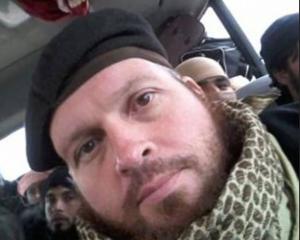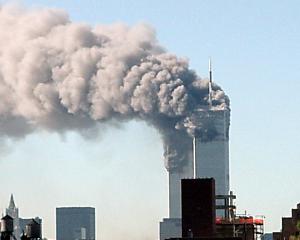Syrian President Bashar al-Assad's army has intensified shelling of Sunni Muslim districts in the northwest city of Homs, killing at least 11 people and wounding dozens hours after UN monitors suspended their work, opposition activists said.
The monitors' decision on Saturday was the clearest sign yet that a peace plan brokered by international mediator Kofi Annan had collapsed after repeated violations by Assad's forces and rebels backing a Sunni-led revolt across the country.
US President Barack Obama will hold talks with Russian President Vladimir Putin on the sidelines of a G20 summit in Mexico on Monday but expectations are low that they will break a deadlock over Syria's conflict, which has sectarian dimensions.
Russia and China have shielded Assad from Western sponsored UN action beyond verbal condemnation of the violence - a stance that Assad's foes say gives him a free hand to pursue his crackdown against protesters.
"Around 85 percent of Homs is now under shelling or bombardment with mortar rounds and heavy machineguns," opposition campaigner Abu Imad told Reuters by phone from the hot spot of the 15-month revolt, about 140km north of the Syrian capital Damascus.
"Dozens of wounded are without treatment because all the hospitals have fallen under the control of shabbiha (ghosts)," he said, referring to militiamen loyal to Assad.
"The dead are the lucky ones."
Another opposition activist, Mohammad al-Homsi, said: "Since the (UN) observers stopped working yesterday we have seen a clear escalation."
On Saturday, chief UN monitor General Robert Mood said increased violence had forced his observers to suspend operations to oversee Annan's widely ignored April 12 ceasefire. The Norwegian blamed both Assad's forces and rebels.
Homs, which had a population of one million when the revolt began, has been under constant army shelling since March when Assad's forces overran an opposition neighbourhood whose residents were among the first to take up arms.
Free Syrian Army rebels are holed up with civilians still in Homs after hundreds of thousands fled over the last year.
Opposition activists said there had also been an escalation in the army's use of heavy artillery in Sunni rural provinces at the forefront of the uprising against the 42-year rule of Assad and his late father, President Hafez al-Assad.
A rise in violence over the last month, including two massacres that cost the lives of 200 Sunni men, women and children in villages near Homs and another northwestern city Hama, has prompted greater international condemnation of Assad.
The opposition is increasingly accusing Assad of waging a military campaign of ethnic cleansing in Homs to empty the city and surrounding countryside of the majority Sunni inhabitants.
Assad has repeatedly said he was resisting what he described as a foreign conspiracy to divide Syria that left him no option but to use force against "terrorists".
He is from Syria's Alawite sect, an offshoot of Shi'ite Islam, and has been shielded or backed by Russia, a Soviet-era ally of his father, and Iran, which regards Syria as the supply line for its proxy Hezbollah (Party of God) in Lebanon.
The United Nations says Syrian forces have killed 10,000 people in the crackdown on protest against Assad's rule that broke out in March last year, inspired by uprisings across the Arab world which have toppled four autocratic leaders.
Assad's government says foreign-backed Islamist militants have killed at least 2600 Syrian police and troops.
Washington has said it was consulting other world powers on "next steps" over Syria, but acknowledges a Libya-style military intervention to help topple Assad would be difficult and could destroy the country's myriad ethnic and sectarian mosaic.
China has already signalled misgivings about a French proposal to enforce Annan's peace plan for Syria, saying it opposed any approach "leaning towards sanctions and pressure".
The opposition called on the UN Security Council to boost the observers' role and to send an international peacekeeping force to Syria.
AbdelBasset Sida, president of the main Syrian National Council opposition group, told a news conference in Istanbul that only international intervention "would prevent disastrous regional consequences".
"This regime is trying to push the country toward a sectarian war and drive the region toward chaos and to show the world that its survival is the only guarantor for regional stability," said Sida, a secular Kurd who was elected as the new head of the council earlier this month.
"The Syrian crisis is not about a government and an opposition. The core of the issue is a popular revolt across the country and a regime that never had an legitimacy," he said.











